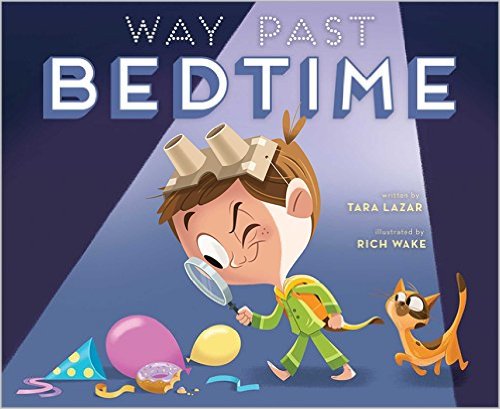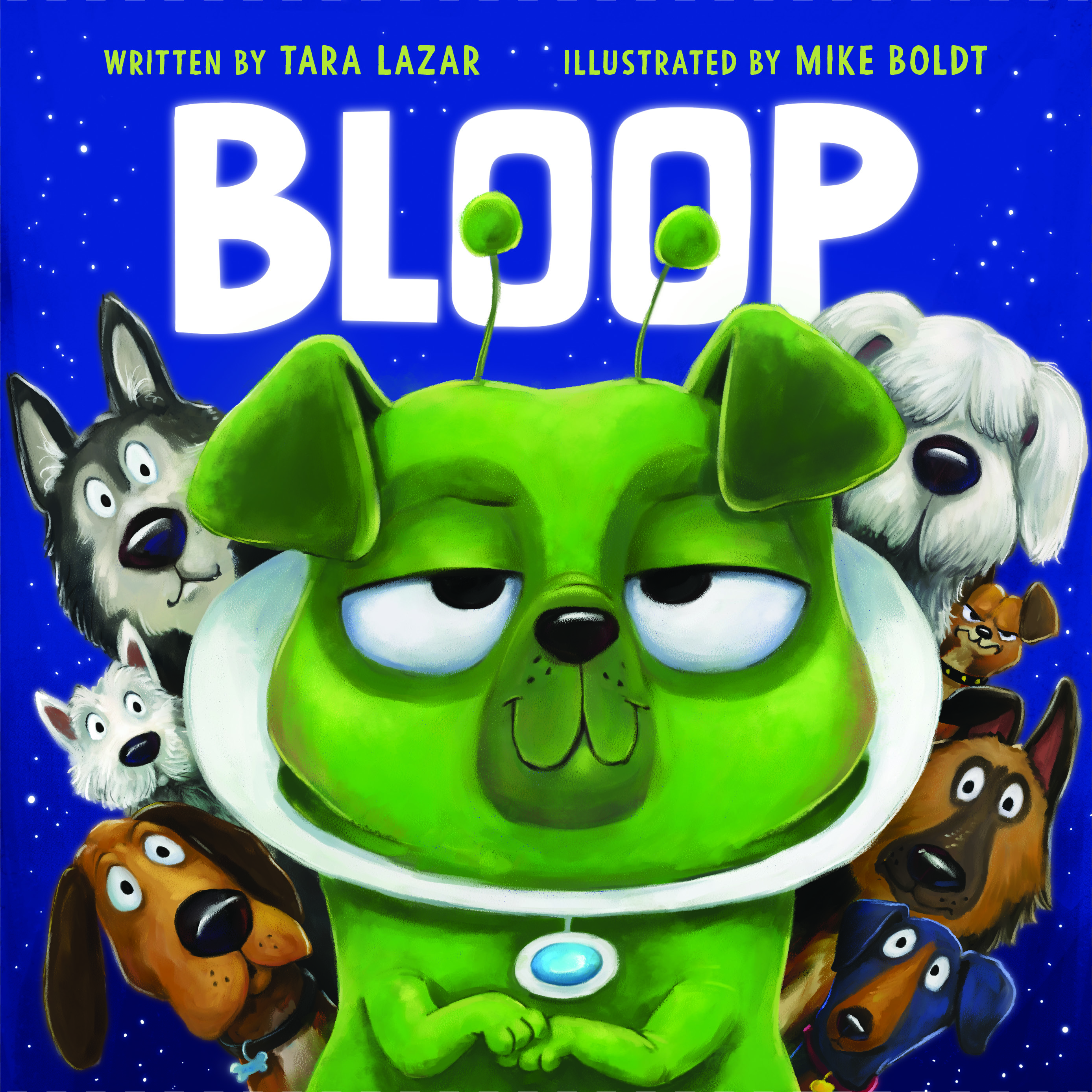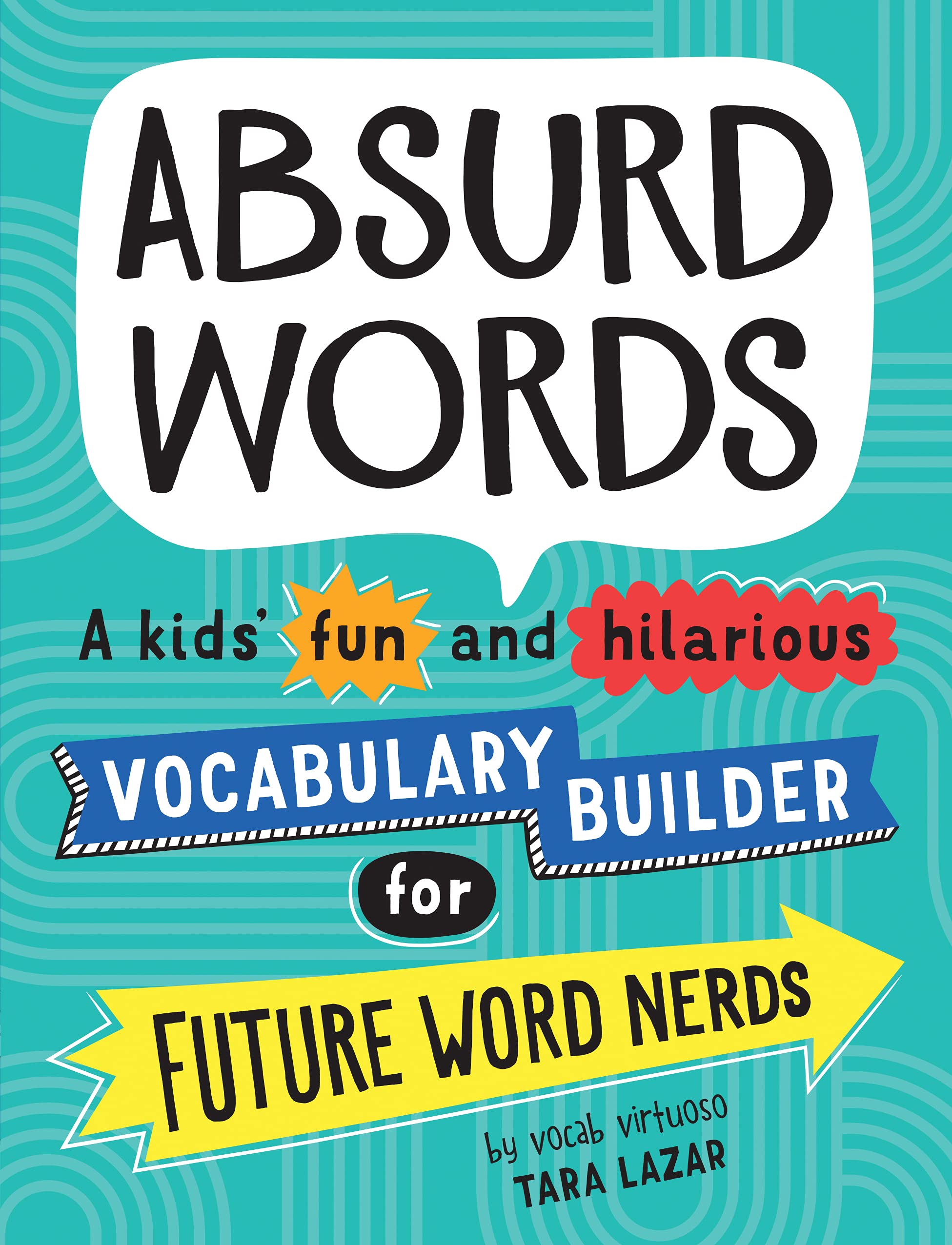 I first heard the phrase “TwitLit” from writing friend Christopher Cocca. I’ll give him coining credit. We both write flash fiction, so he had suggested using the 140-character Twitter format to tell uber-short stories. His first submission: “His probation stopped on a dime-bag.” Mine? “The gourmand often ate too much, but she was living life to the fullest.”
I first heard the phrase “TwitLit” from writing friend Christopher Cocca. I’ll give him coining credit. We both write flash fiction, so he had suggested using the 140-character Twitter format to tell uber-short stories. His first submission: “His probation stopped on a dime-bag.” Mine? “The gourmand often ate too much, but she was living life to the fullest.”
So how else can writers use Twitter? You might want to refuse answering the assumed question, “What are you doing?” Come on, that’s boring. We’ve got Facebook status for that. Twitter is nimble, Twitter is quick, Twitter has the power to change the world. (OK, a bit of hyperbole there.)
Agent Nadia Cornier used Twitter to update authors on Firebrand Agency’s “query holiday.” From December 15 to January 15, Firebrand invited submissions without a query letter. At final count, she had over 3500 submissions with 387 read and 30 requested. Useful, clever Tweeting. Thanks, Nadia.
Of course, agent Nathan Bransford already covered authorly Tweeting with a guest post by Tracy Marchini two months ago. Marchini suggests 21 ways an author can use Twitter. Yep, she’s got TwitLit covered.
But I’m going further with this.
You may be aware of the cell phone novel phenomenom in Japan. Authors deliver stories a few lines at a time directly to mobile devices and welcome reader feedback regarding the tale’s direction. Once the novel is completed, readers rush to buy the paper copy because they feel invested in the story. After all, they had a hand (or a thumb) in its creation.
Some critics consider mobile novels an omen of a literary doomsday. Others think the platform can’t be ignored, especially with five of the top 10 novels in Japan having originated on cell phones.
So why not tell an entire tale in Twitter a few lines at a time? OK, perhaps there’s a certain level of literary integrity you want to maintain and this ain’t the way. But it’s a fun and interesting new venue for fiction, and one that could elicit reader feedback. Applications like TweetDeck help you to organize Tweets by subject and keep track of responses to others (using the “@” symbol). But be careful not to use Twitter for conversations that will lose other readers.
What about a Twitter account for your fictional characters? Don’t they have something to say beyond the confines of your book? A Tweet or two and they’re brought to life in real-time. Or maybe you can create a new character who only exists in Tweets.
The format is experimental. Who knows if it will catch on for story telling. But with Amazon’s Kindle gaining popularity and cell phones evolving into integrated entertainment devices for music, web browsing, pictures and videos, surely books and zines can’t be far behind. Can you imagine your phone’s screen folding out like a newspaper and delivering any story you want anytime you want it? Will Twitter help push things in that direction? Perhaps with a million authors using it, it just might.
 So how are you using Twitter to enhance your writing career? Are you marketing yourself or using it creatively? Please share your ideas!
So how are you using Twitter to enhance your writing career? Are you marketing yourself or using it creatively? Please share your ideas!















10 comments
Comments feed for this article
January 19, 2009 at 6:00 pm
Christy
I follow an agent on twitter, but I’ve never thought of using it for myself. Maybe I will look into it. . . hmmmmm
January 21, 2009 at 9:10 am
Corey
Interesting post. But boy, makes me feel a bit overwhelmed!
January 22, 2009 at 5:26 pm
Twitter Stories: Your Literary Fix, One Line at a Time « Writing for Kids (While Raising Them)
[…] YA Fiction | Tags: Microblogging, Twiller, TwitLit, Twitter Earlier this week I wrote about writers using Twitter to deliver short stories a few lines at a time, á la the cell phone novel craze in […]
January 22, 2009 at 6:05 pm
David Miller
Great post. In December I began what I believe is the first long work of literary fiction wholly written and published in real-time via Twitter. You can follow it here http://twitter.com/dahveed_miller .
I’m not working from a preexisting manuscript such as “Small Places,” but, effectively, using the medium of twitter itself–the instant nature of it–to help compose.
There are other sci-fi and fantasy type stories out there, but mine is different, kind of a literary reaction in a sense, to what can seem like an endless stream of self promotion, marketing, and consumerism in the putative twitter “community.” I wanted to go for raw feelings in a way that reads almost like a regular emo tweet–only fictional.
I respectfully agree to disagree with you on “OK, perhaps there’s a certain level of literary integrity you want to maintain and this ain’t the way,” as to me “literary integrity” is an illusion. The forms and ways of telling a story are always changing. What stays constant is the essential human need to do so.
long and short forms in fiction via twitter are just getting started, especially in a world where everything keeps accelerating.
look forward to more,
david
January 23, 2009 at 9:37 am
tara
David, thanks for commenting. I’ll add you to the list of TwitLitters in my newest post.
The “literary integrity” I speak of is that of the established publishing world, many of whom will go kicking and screaming into this new medium. Twitter stories have already confused some, with one magazine thinking that NY Times reporter Matt Richtel’s new novel-in-tweets was an attempt to pose as a hooker. (http://valleywag.gawker.com/5043560/new-york-times-reporter-poses-as-hooker-on-twitter) You are right, however: stories always find a way. I suspect the younger generation, those who have grown up with cell phones and cannot put them down, will eagerly adopt this new form of storytelling. Targeting that audience first will no doubt bring about a revolution for the format, just as Facebook launched with school-age kids and is now attracting throngs of 40+somethings.
January 29, 2009 at 12:39 am
Christopher Cocca
TL, great thoughts about mobile/twitter novels and twitter accounts for fictional characters. I like where these could go. Getting people engaged with what you’re doing is half (maybe all?) of the fun.
Apart from TwitLits, I use my twitter account to inform followers of every blog update, and that in turn feeds my facebook status. WordPress feeds twitter and twitter feeds facebook. All automated, and everyone’s in the loops. This has also made me think more creatively about blog post titles and opening lines.
great post, and thanks for the mention.
January 29, 2009 at 12:53 am
Group Blogging A Narrative Novel « christopher cocca
[…] Blogging A Narrative Novel By Christopher Cocca Writing friend Tara Lazar has some interesting thoughts about the ways writers are using Twitter and similar platforms to connect with readers. She […]
January 30, 2009 at 6:31 pm
Twitter Is Huge « christopher cocca
[…] Is Huge By Christopher Cocca Two blog friends have recent posts (here, here, and here) about the usefulness of Twitter. Tara Lazar’s posts focus on Twitter as […]
March 29, 2010 at 9:59 am
Kalen Cap
Nice post. I wrote a short article last week on “animal characters on twitter” at my blog – http://www.zodiographer.com.
I’ve also started a twitter account character for a manatee – http://www.twitter.com/Ankh_a_manatee. Ankh is a character in a novel I’m working on that is set later than the twitter account time. I’m looking into developing some twitlit with that character and find it is definitely an interesting playing field.
I’d like to follow others involved in twitlit.
June 28, 2010 at 3:02 am
Moleskiners
[…] isn’t the only one who acknowledges Twitter can be beneficial for writers. Tara Lazar shares how writers are using Twitter, while Laurie Pawlik-Kienlen lists ways that Twitter can help writers become more […]